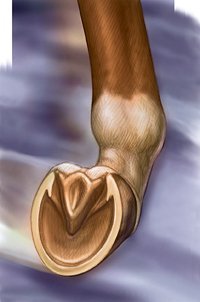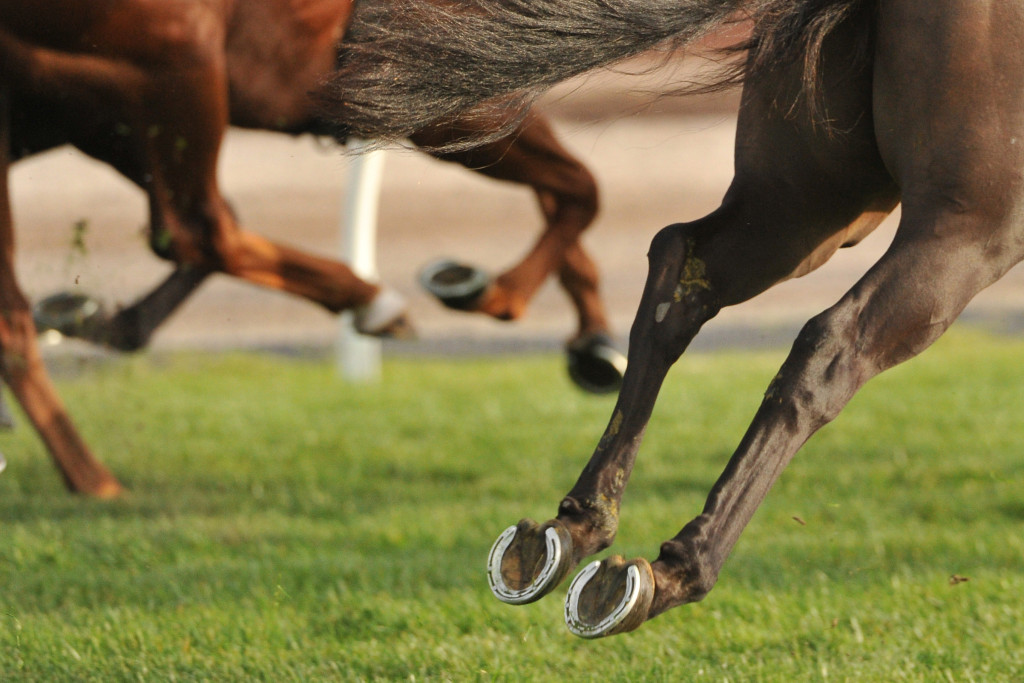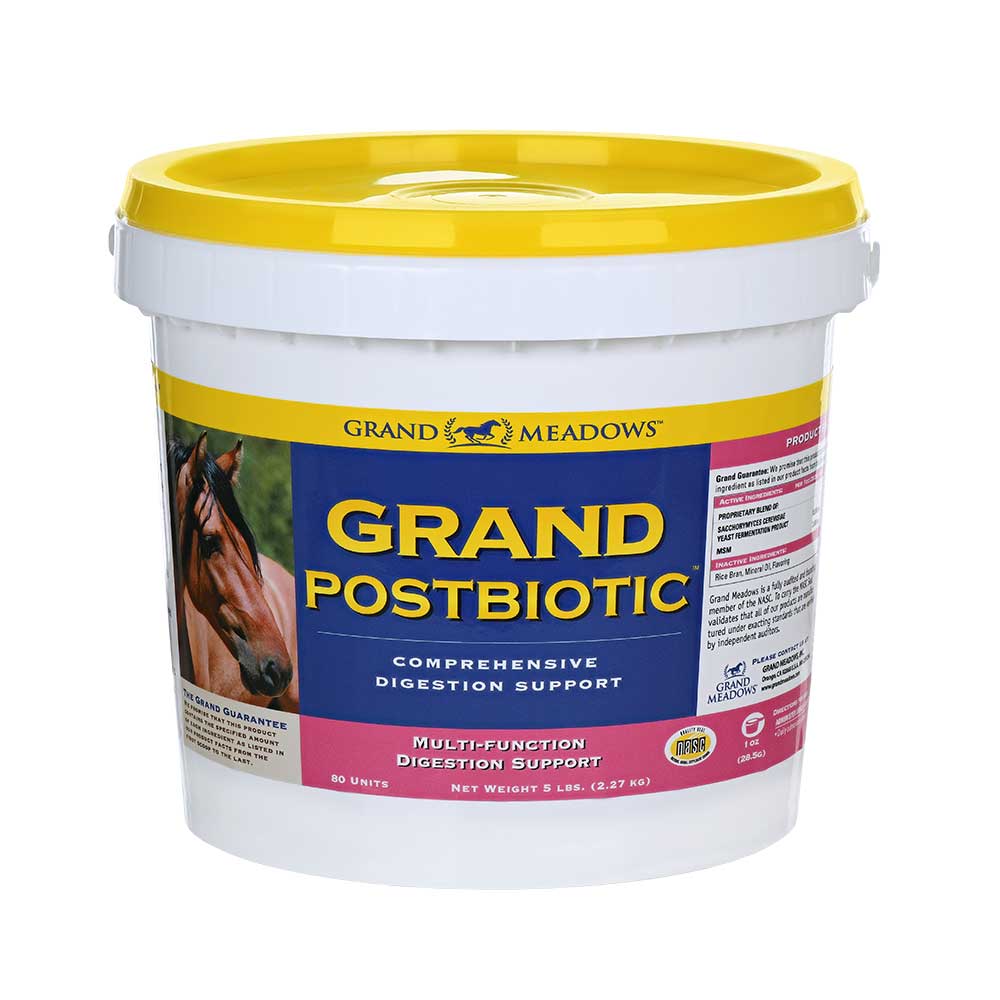Horse Health
Beyond Biotin: Horse Hoof Health
We’ve been hearing about Biotin for decades and how it works to help grow and improve horses hooves from the inside out. There is no doubt that biotin is the leader in nutrient in hoof supplements. Scientific studies have clearly shown the benefits of biotin supplementation, on a dosage of 15–20 mg of biotin/day for 6–9 months to improve hoof health.
It’s Not Just About Biotin
Nutrients like MSM, Methionine, Lysine, Zinc, Copper, B-6 are essential to complement Biotin with forming strong and healthy hooves. Here’s what those other ingredients in your hoof supplement are doing to assist Biotin:
- MSM & Methionine increases delivery of hoof building nutrients and supports the connective tissues inside the hoof wall. Both MSM and Methionine work as vasodilators, which relax the blood vessels that are vital to circulating nutrient rich blood into the small capillaries inside the hoof.
- Lysine is an essential amino acid closely linked to Methionine and plays an important role in efficient protein synthesis, upon which growth, development and almost every bodily function depends. Lysine is usually deficient in most equine diets and important to supplement especially to growing young horses where their requirements are even higher amounts.
- Copper and Zinc are needed for bone, cartilage and elastin formation as well as the utilization of iron. Copper also improves pigmentation and the structure of the hair and hoof.
- Vitamin B-6 (as Pyridoxine) aids in protein metabolism and the RNA and DNA synthesis necessary for cellular reproduction.
Remember, it takes three to six months to see improvement and almost a year for the hoof to completely grow out. Be patient because there is no “quick-fix” to correcting/improving hoof problems. When a horse’s diet has imbalances especially in the above mineral content, it can wreck havoc on hooves.

Diet, Environment, and Genetics
It isn’t just about supplementing important nutrients such as Biotin and minerals. There are many factors that play into good hoof care. The overall diet, environment, and genetics of the horse play a huge part in hoof health, including the following:
- Providing adequate energy but avoiding over-consumption of concentrates or lush pastures, which can laminitis (especially in easy keepers or those with insulin resistance or equine metabolic syndrome);
- Analyzing forage and scrutinizing all your nutritional supplements to avoid over-supplementation and ensure a quality product is being offered and is approved by NASC.
- Don’t ignore a good farrier for routine checkups to catch hoof problems early. This can prevent mechanical stresses caused by overgrown hooves—especially under-run heels or long toes and prevent other problems in the muscles and joints. Remember it starts with the hoof up!
- Offering daily exercise or turnout to promote blood flow to the feet. Turnouts for at least two hours a day are crucial for improving hoofs, joints, and overall improvement to your horses mind and body.
Keep your best foot forward and remember: No Hoof, No Horse!
Check out Grand Meadows hoof care products for your horse’s hoof health.


